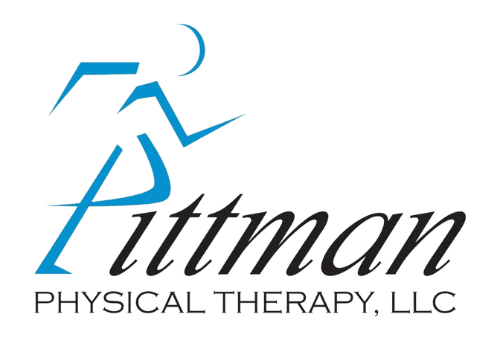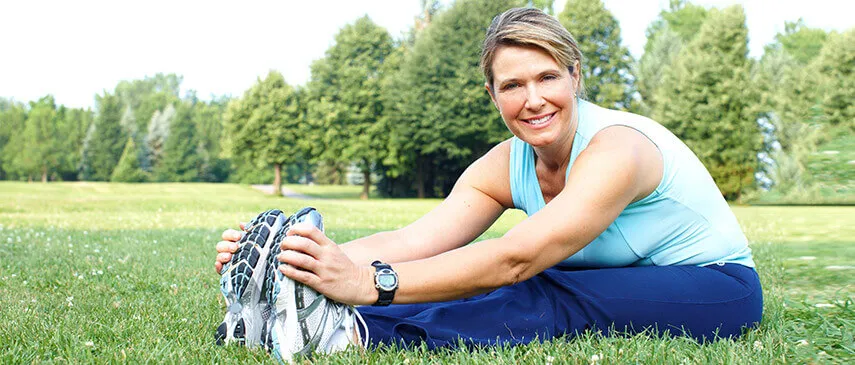Do you sometimes feel sluggish, tired, achy, sore, or have low energy? Those could be signs that a daily routine of sitting for long hours in your car, at your desk, or at home watching TV is starting to wear your body down. Your body is meant to move, so the unnatural act of sitting still for long periods can actually cause some serious problems: It can slow down your circulatory, lymphatic and digestive systems; deprive your heart and lungs of the movement they need to be their healthiest; and contribute to the chronic lower back pain and neck pain, headaches, shoulder pain and hip pain that plagues many working Americans.
The good news is that even if you’re already feeling some of those effects in your body, you can start changing them right now. These six easy steps can help you move more, hurt less, and feel more energy every day.
Get Into the Mindset
Don’t have time to make the big, dramatic life changes you see on TV? Don’t give up! Even small changes can make a huge difference in your long-term well-being, and if you start thinking in terms of what you can do instead of looking for reasons you can’t, you’ll find that you’re capable of a lot. So focus on small successes that you can enjoy now — like remembering to get up and move during every commercial break of your favorite TV show — while building toward bigger goals.
Set a Timer
Ideally, you should be getting up and moving around at least every 20 to 30 minutes. If you have trouble remembering, set an egg timer or an alarm on your smartphone. The beep is your cue to stand up and move around, even if just for a minute.
Drink More Water
It might sound trivial, but water plays an important part in every organ and system of your body — and most of us don’t get enough of it. Keep a water bottle handy throughout the day and take a big swig every time you think of it. You’ll be better hydrated and more energized before you know it.
Take the Time to Stretch
Flexibility isn’t always about being able to touch your toes or stick your feet behind your head; it’s actually more about maintaining natural, healthy movement patterns. You can help your body recover from the unnatural position of sitting at a desk by taking the time to stretch your legs, hips, spine and neck for at least 10 minutes every day. If that sounds like a lot, break it into several short stretching bouts throughout the day.
Check Your Ergonomics
Is your workstation set up for healthy body alignment? It doesn’t matter if you’re at home or at work — if your desk isn’t set up right it’ll sap your energy and contribute to the sort of postural imbalances that might require professional help later on. Aim for neutral posture: Monitor at eye level with chin parallel to the ground; elbows, hips and knees bent at a comfortable 90 degrees; and feet flat on the floor.
Get Out and Walk
If you do just one thing to boost your energy today, make it a gentle walk. The movement will boost your energy and help break the unnatural movement and posture patterns that can form when you spend all day sitting at a desk or working at a table.
Are you still in pain? Contact Pittman Physical Therapy today. Our expert physical therapists can help identify the problem and put together a plan to get you moving and pain-free again.



